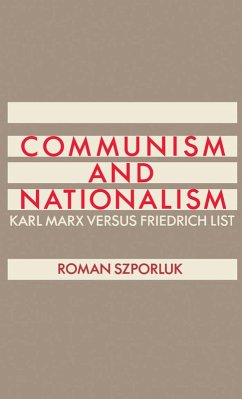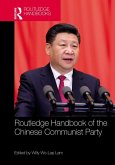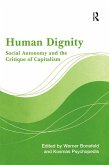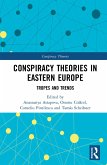In this highly original study, Roman Szporluk examines the relationship between the two dominant ideologies of the 19th century--communism and nationalism--and their enduring legacy in the 20th century. Szporluk argues that both Karl Marx's theory of communism and Friedrich List's theory of nationalism arose in response to the sweeping changes brought about by the Industrial Revolution, and that both sought to promote industrialization as a means of reforming the modern world. Each ideology, the author contends, developed in relation to the other and can best be understood as the product of a complex interweaving of the two, producing in the 20th century new forms of nationalism that have incorporated Marxism into the fabric of their movement and Marxist states that have adopted threads of nationalistic belief. Casting the role of List and the intellectual development of Marx in an unorthodox light, this book adds a new dimension to the debate over the boundaries of nationalism and socialism in the development of political ideologies.
Dieser Download kann aus rechtlichen Gründen nur mit Rechnungsadresse in A, B, BG, CY, CZ, D, DK, EW, E, FIN, F, GR, HR, H, IRL, I, LT, L, LR, M, NL, PL, P, R, S, SLO, SK ausgeliefert werden.









